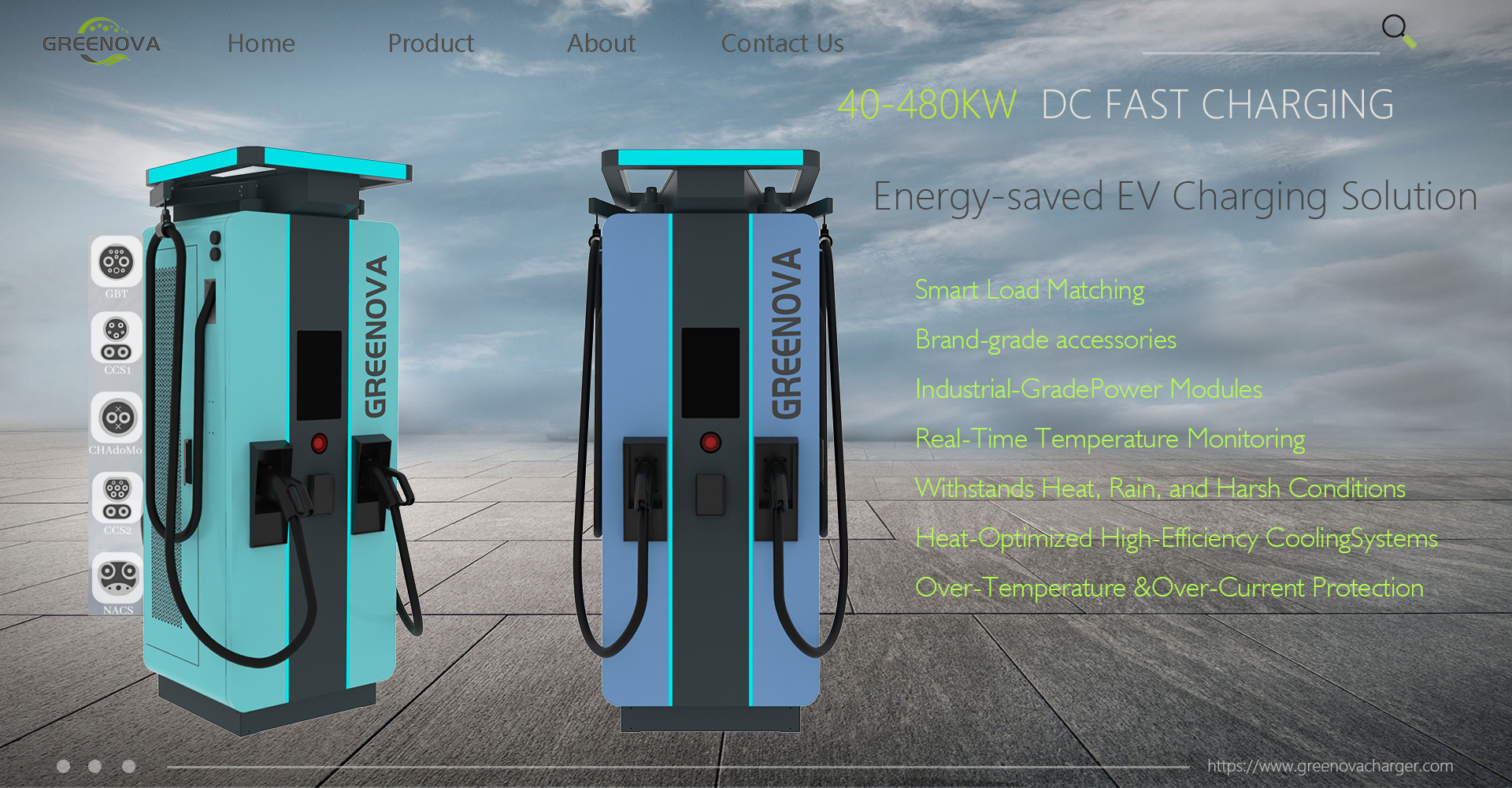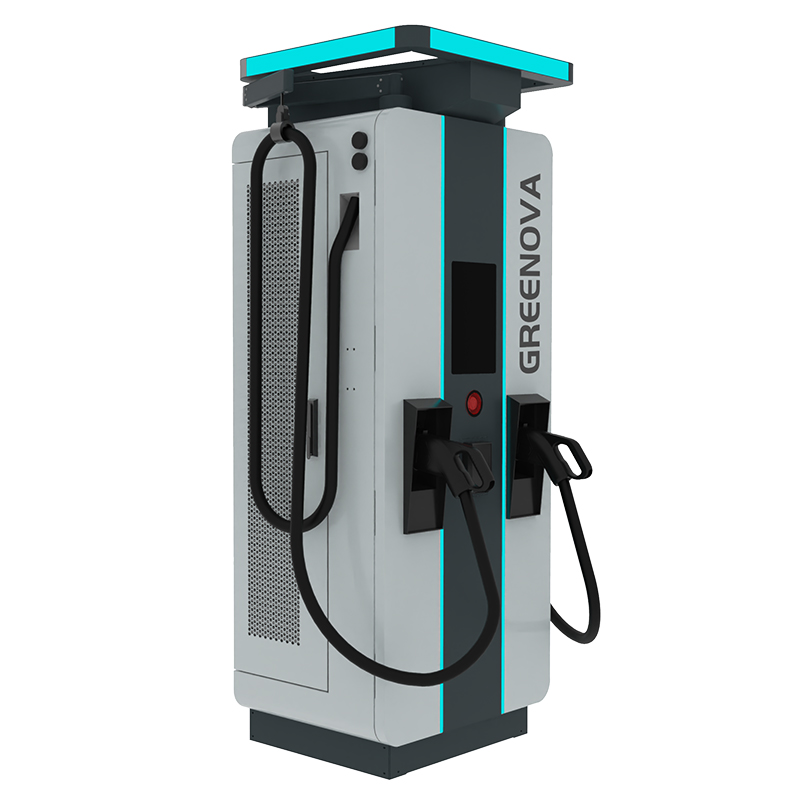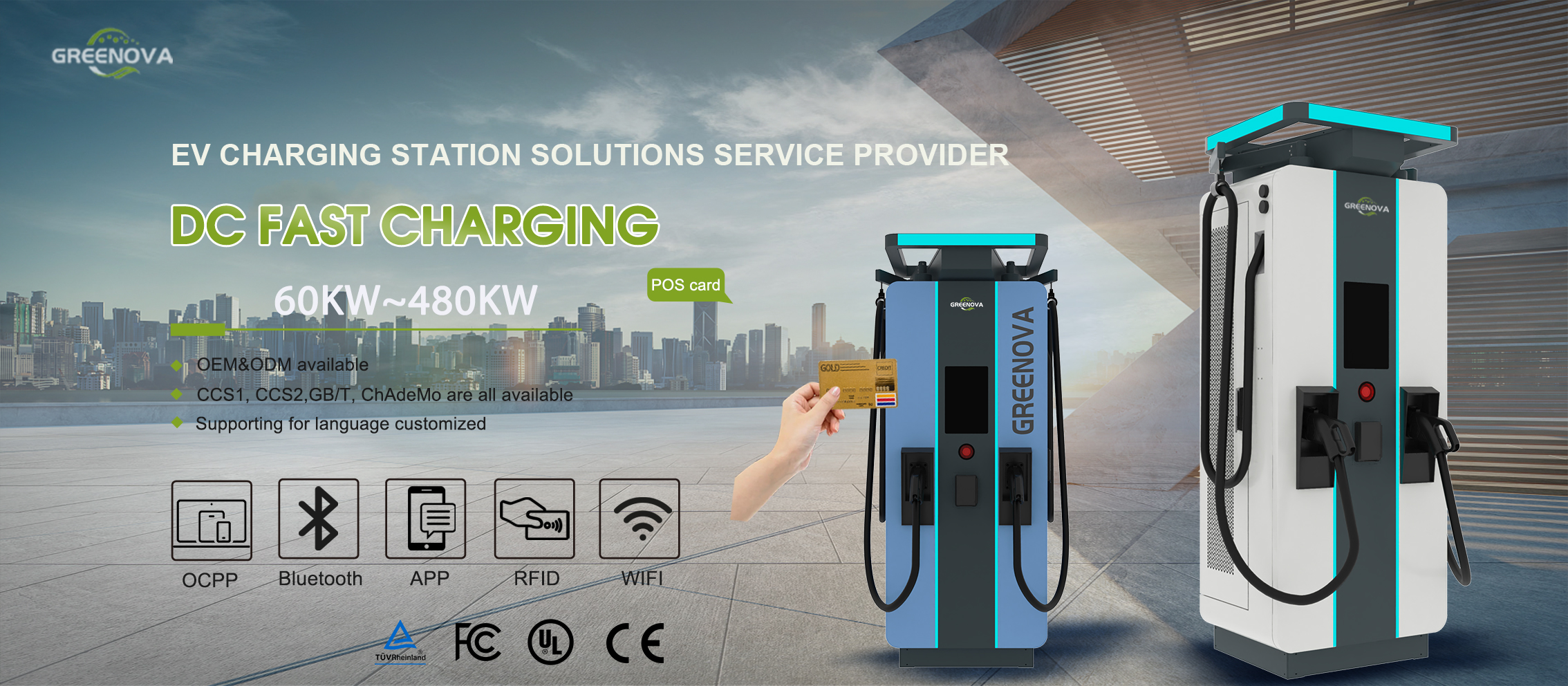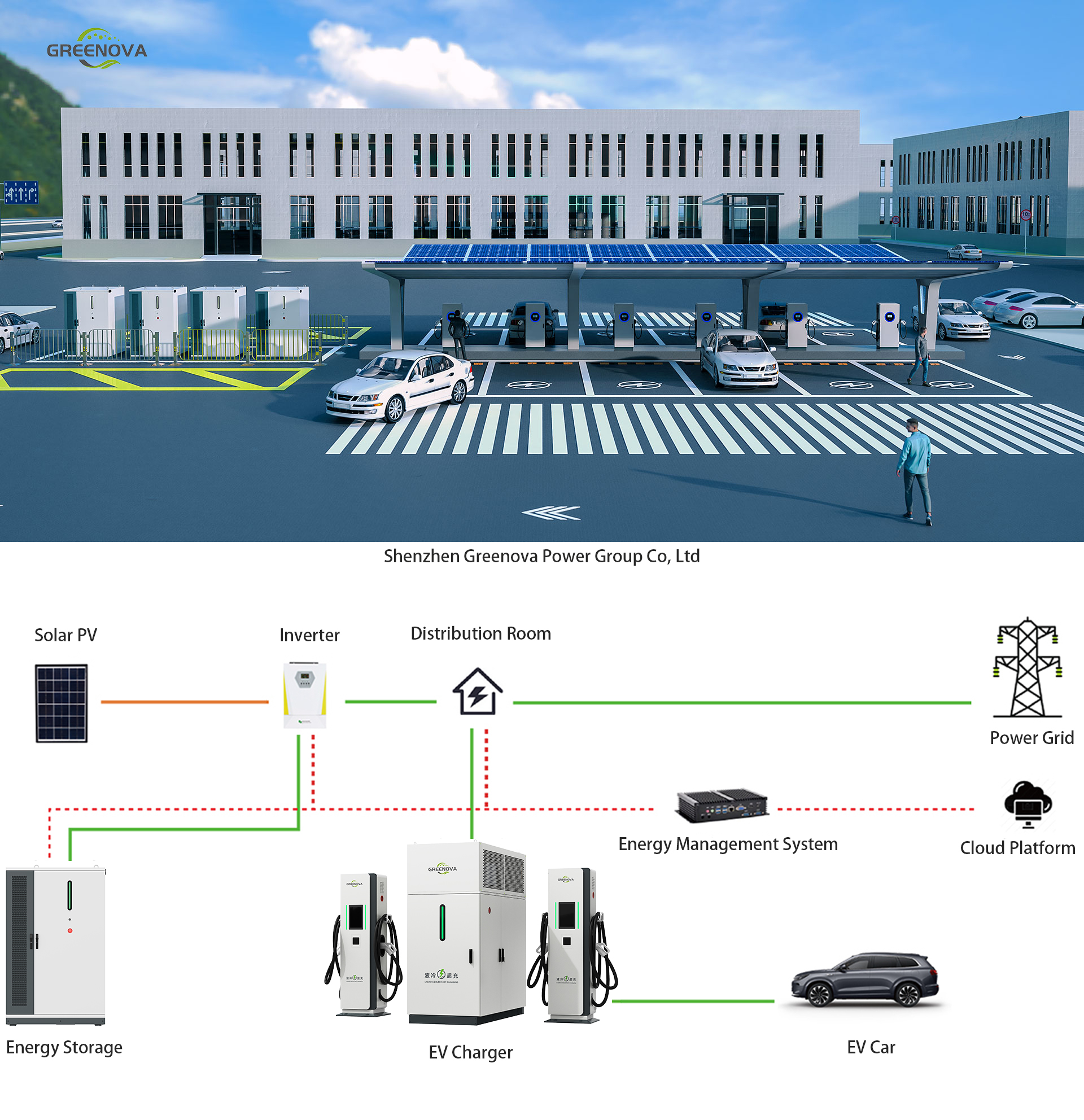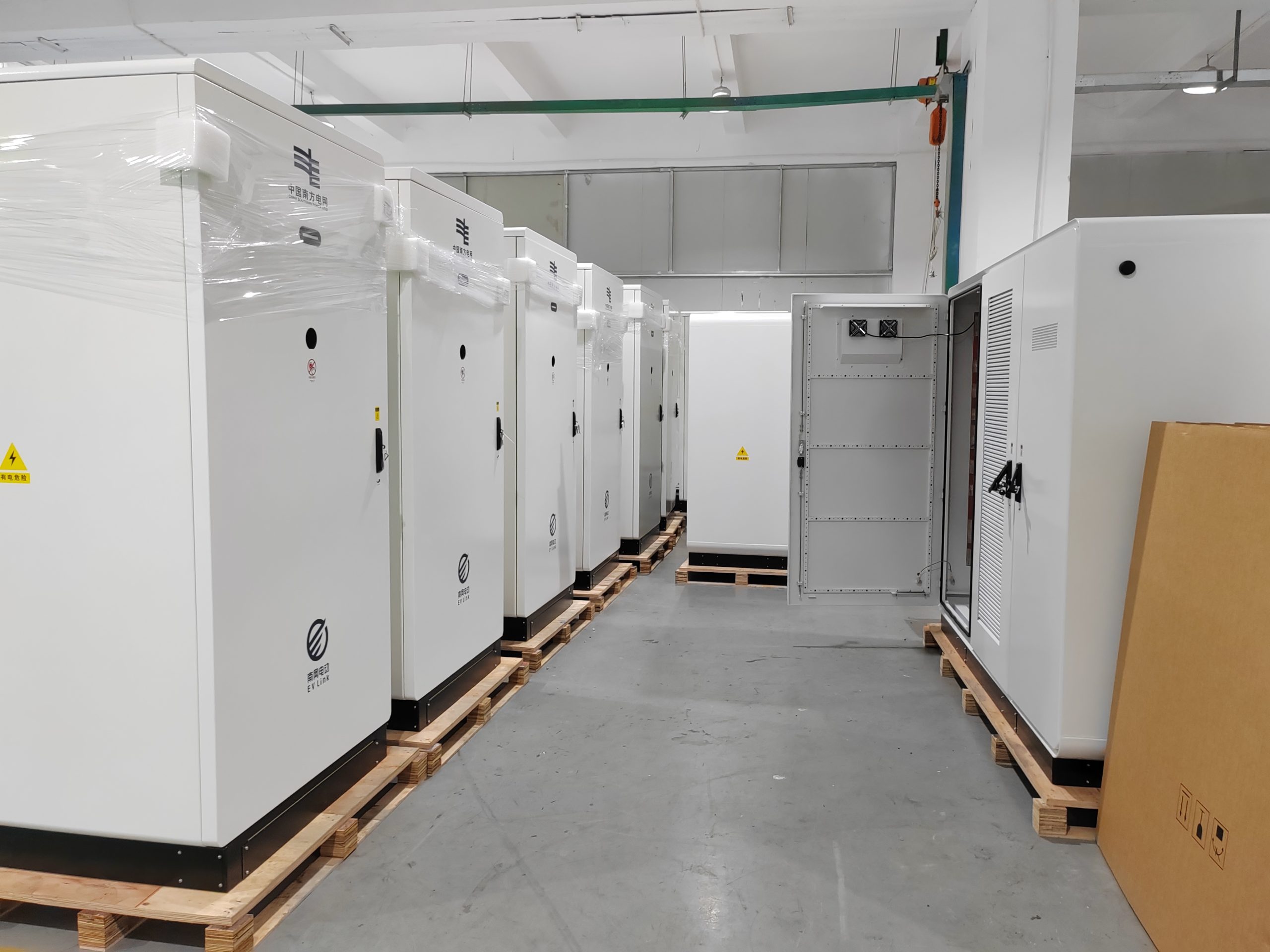Introduction: A New Era of Green Mobility
As electric vehicles (EVs) continue to revolutionize transportation, the demand for sustainable, efficient, and innovative EV charging solutions grows stronger every day. One of the most promising technologies reshaping the EV charging landscape is the integration of solar energy storage systems with EV chargers. In this article, we will explore the future trends in solar EV charging stations, DC fast chargers, and how solar and storage innovations are driving the future of green mobility.
Why Solar-Powered EV Charging Matters
Combining solar energy with EV charging is a natural evolution towards a cleaner future. Traditional EV charging stations often draw electricity from fossil-fuel-based grids, which undercuts the environmental benefits of EVs. Solar-powered EV chargers, on the other hand, allow for:
- True zero-emission transportation
- Lower operational costs over time
- Enhanced grid independence and resilience
- Opportunities for off-grid charging stations
By integrating solar energy storage solutions, EV charging stations can store excess solar energy during the day and use it for charging vehicles at night or during cloudy periods, enhancing reliability and maximizing renewable energy use.
Key Trends Shaping the Future
1. Growth of Solar EV Charging Stations
Solar EV charging station installations are expected to skyrocket over the next decade. Governments worldwide are investing heavily in renewable energy infrastructure, offering incentives for businesses and individuals to adopt solar-based EV charging systems.
Keyword Focus: solar EV charging station, EV charging solutions
2. Integration of DC Fast Chargers with Solar Storage
The market is moving rapidly toward the combination of DC fast chargers and solar energy storage systems. DC fast chargers dramatically reduce EV charging time — often to less than 30 minutes — making them essential for commercial charging hubs and highway networks. When powered by solar energy and supported by battery storage, these stations can operate sustainably and efficiently, even during peak demand.
Keyword Focus: DC fast charger, solar EV charging solutions
3. Development of Smart Charging Networks
Smart grids and intelligent charging management systems are becoming vital. With the help of AI and IoT technologies, smart EV chargers can optimize when and how to draw energy from solar panels, batteries, or the grid based on real-time demand, weather forecasts, and electricity pricing.
Keyword Focus: smart EV charger, EV charging management
4. Expansion of Off-Grid Charging Solutions
In rural and remote areas where grid access is limited, off-grid solar EV charging stations are emerging as game-changers. Equipped with large-capacity batteries, these solutions offer independent, sustainable EV charging without needing extensive infrastructure investment.
Keyword Focus: off-grid EV charging, mobile EV charging station
5. Vehicle-to-Grid (V2G) and Bi-Directional Charging
The future of EV charging doesn’t just involve powering vehicles — it also enables vehicles to power homes and grids. With V2G technology, EVs can return stored solar energy back to the grid during high-demand periods, providing a new revenue stream for EV owners and enhancing grid stability.
Keyword Focus: V2G EV charging, bidirectional EV charger
Benefits of Solar Energy Storage in EV Charging
Energy Independence
Solar-plus-storage systems enable EV charging stations to operate independently from the utility grid, reducing vulnerability to blackouts and rising electricity costs.
Cost Efficiency
While the initial investment can be higher, solar-powered EV chargers with storage deliver significant long-term savings by cutting energy bills and benefiting from government incentives.
Environmental Impact
Reducing reliance on fossil fuels directly cuts down greenhouse gas emissions, making a meaningful contribution to global climate goals.
Business Opportunities
Companies that invest early in solar EV charging stations position themselves as sustainability leaders, attracting eco-conscious customers and gaining competitive advantage.
Challenges and Solutions
High Upfront Costs
Solution: Financing programs, leasing options, and government subsidies can lower the barrier to entry.
Land and Space Requirements
Solution: Innovations like vertical solar panels and carport-style solar arrays optimize space usage.
Variability in Solar Energy Production
Solution: Coupling solar systems with high-capacity battery storage ensures energy availability even during nighttime and cloudy weather.
How to Choose the Right Solar EV Charging Solution
When investing in a solar EV charging solution, consider:
- System scalability to accommodate future growth
- Certified and reliable manufacturers
- Integration capabilities with existing energy infrastructure
- Smart energy management features
Work with experienced providers that specialize in solar energy storage and EV charger installations to ensure the best long-term performance.
Conclusion: The Bright Road Ahead
The synergy of solar power, energy storage, and EV charging is paving the way for a more sustainable and resilient transportation future. Businesses and individuals who embrace these technologies today will be the leaders of tomorrow’s green economy.
Whether you’re looking to install a solar EV charging station, upgrade to a DC fast charger, or explore off-grid EV charging solutions, the time to act is now.
Power your future with the sun — and drive change.
solar EV charging station, EV charger, DC fast charger, EV charging solutions, solar energy storage, smart EV charger, off-grid EV charging, V2G EV charging, mobile EV charging station, bidirectional EV charger, EV charging management, solar carport charging station, energy storage for EV charging, solar-powered EV charging station, commercial EV chargers


